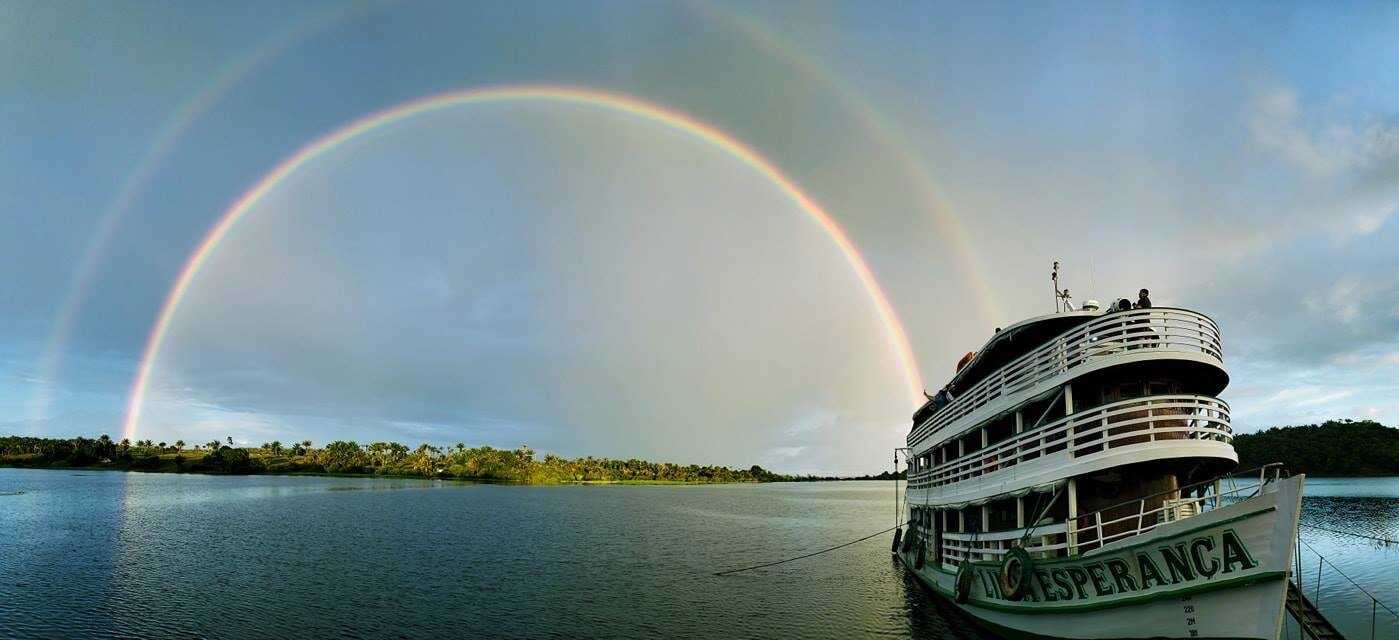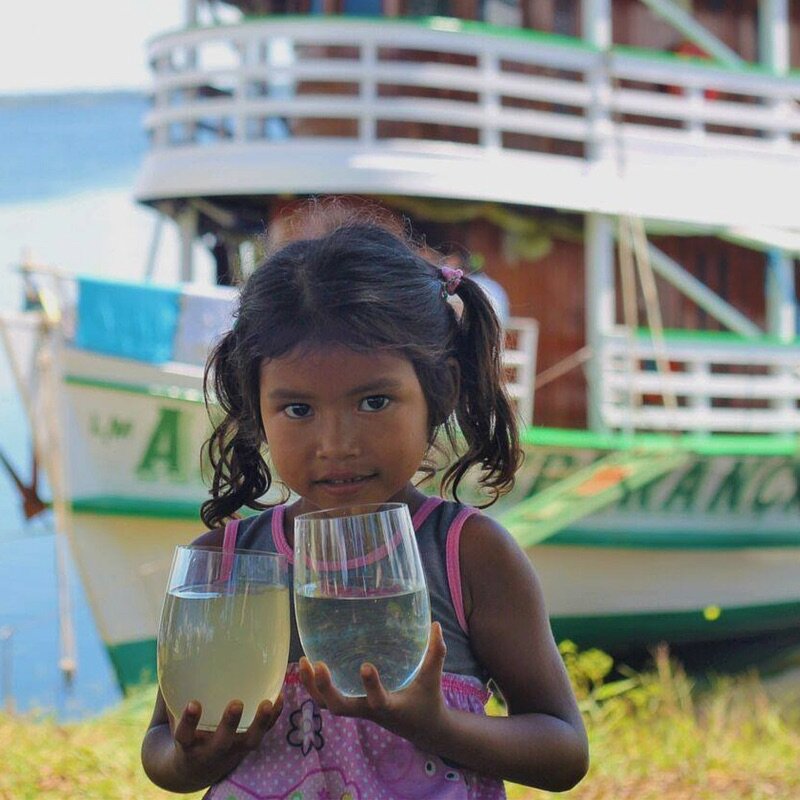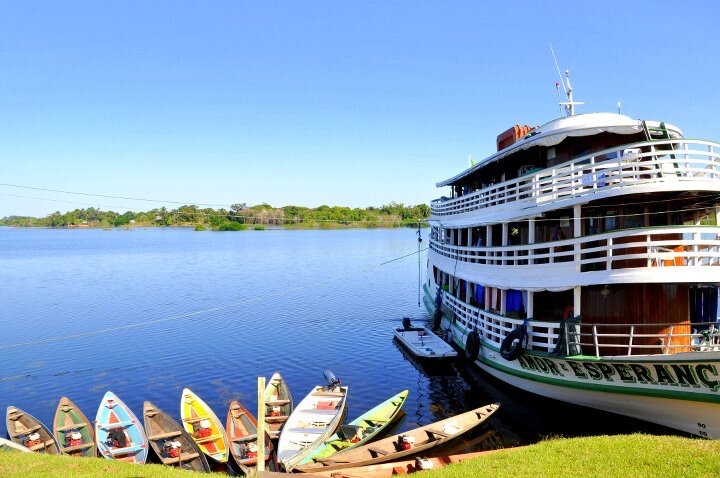Responding to needs with new ways enabled by technology
Koreni, a CGS partner in North Macedonia whose name means “Roots”, is an education development organization striving to be a catalyst of positive change within the local education system.
Going to the roots of education and seeking to empower teachers and students alike in the nation of North Macedonia, Koreni provides professional development opportunities, resources, and projects working alongside teachers in the official education system, including:
Online Storytime (featured) –building a digital “library” full of children’s stories that are read aloud online, with the goal of modeling good reading techniques for teachers / parents and to help increase the love for books and reading in children.
Professional development seminars and programs for teachers – on such topics as Dealing with Challenging Behaviors in the Classroom, Dyslexia, Math Methods, Increasing Reading Comprehension, English Teachers Workshops, etc.
English camps – designed for children in the public schools. These camps are run by Koreni with the help of the local teachers as interactive thematic multi-day events that teach English through games, crafts, stories, snacks, etc.
Library – Koreni helps provide physical resources to teachers and students in the learning center that we partner with.
Focusing on one exciting project, Koreni came up with the idea of reading children’s’ books online shortly after the COVID-19 “stay-at-home” order went into effect. Realizing that people could no longer come in and check out books from the Koreni library, the director decided to utilize available technology to continue getting books out to the people in both English and Macedonian. The intent is to model read aloud techniques to parents and teachers, and asking engaging comprehension questions throughout the book, while increasing people’s love for reading and books.
From the Koreni Director:
Interestingly, this project as highlighted a need to us… the need for more interesting and engaging children’s literature in Macedonian. We have been struggling to find books to have our Macedonian readers read. The main children’s books available in Macedonian are fairytales (the same 10-15 in various versions). One of our dreams as Koreni is to someday host, in partnership with local publishers, a workshop for children’s authors here in North Macedonia, encouraging them and equipping them with the tools they need to produce more books.
What an incredible way to support local education in areas which value investment.
You can learn more about Koreni and see their online storytime in action by clicking here.






